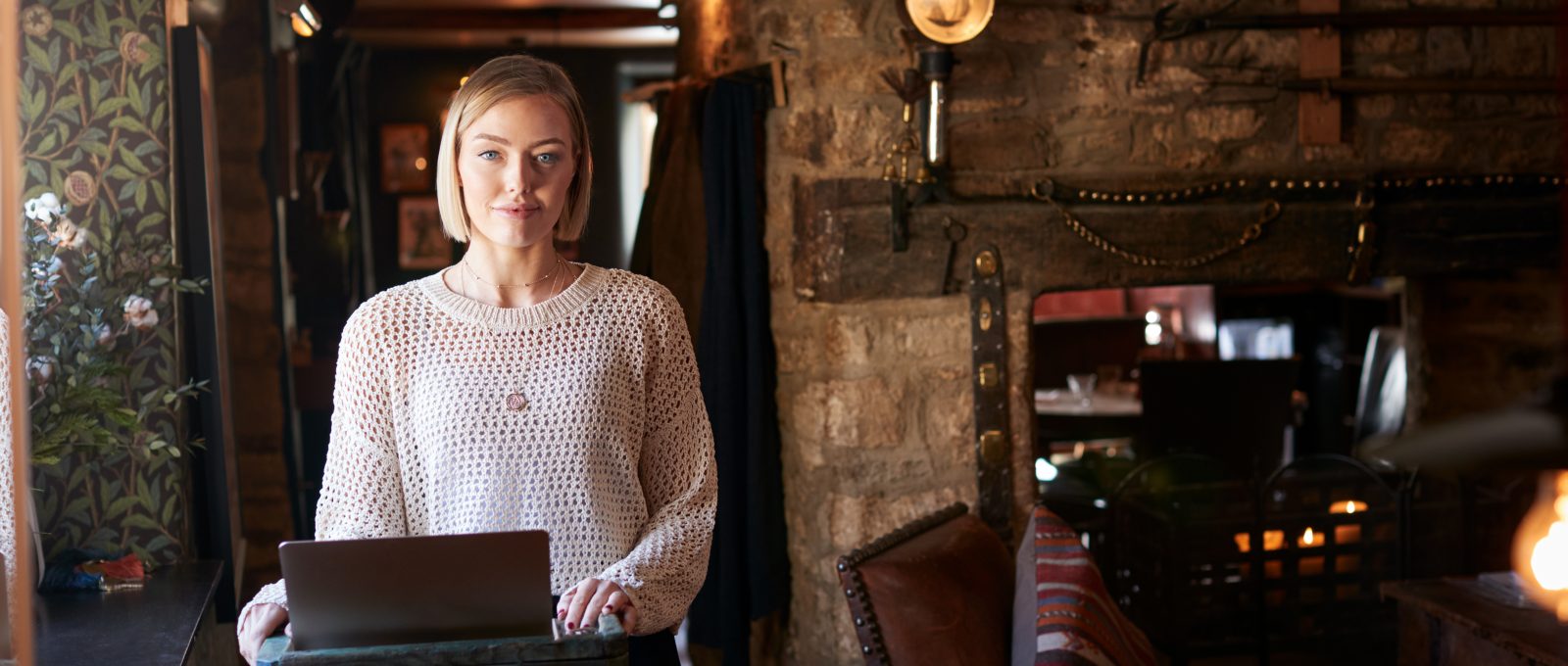Many modern hospitality businesses, like cafes and restaurants, hotels and bed-and-breakfasts, theme parks and public transport, are already transitioning to managing their business and customers in the digital space, by utilising emerging software like cloud booking and SaaS. However, the recent COVID-19 pandemic may be set to significantly speed up this change, forcing hospitality businesses to adopt more efficient methods of tracking and tracing customers and recording traffic to their stores/locations.
Up until now, the track-and-trace system of slowing the spread of coronavirus and locking down local outbreaks has been highly recommended but not compulsory for most businesses. With the latest restrictions in the United Kingdom, however, all hospitality businesses are forced to keep track of all customers to their venues and provide data to the government if there are positive Covid-19 tests that have been linked to their business. That might be employees, customers or visitors.
Disadvantages for customers
Obviously the new track-and-trace for hospitality restrictions will greatly impact customers, who are now compelled to leave their personal information in order to visit a venue like a bar or restaurant. This is important so that the government can enclose and mitigate the damage of a sudden outbreak or potential surge in cases if one or several people get ill and are linked to a hospitality venue. The restrictions are necessary and extremely crucial for catching outbreaks before they have the chance to scale.
Though these restrictions are in the best interest of customers, it will come with disadvantages. Businesses may see less customers and less spending due to reluctance to leave personal details and concerns about privacy, while visitors cannot assemble in large groups and can’t enjoy their favourite establishments like they used to.
Disadvantages for businesses
The track and trace restrictions enforced on all hospitality businesses could drastically affect sales and popularity, as previously crowded venues are quickly abandoned in favour of locations which are perceived as safer. Overall reduced spending and less trips out are very likely, meaning businesses will have to compensate for this by more heavy promotional campaigns and a greater focus on making coronavirus safety information widely available to their consumers.
As well as depending ever more heavily on online software suites for managing these campaigns and completing promotional projects, hospitality businesses now face the burden of tracking the details of all their customers. Being the twenty-first century, most businesses will turn to online database tools and a quickly rising plethora of popular ‘track and trace for business’ apps, in order to keep their customers’ visiting details accessible to show authorities if an outbreak occurs.
Furthermore, there is opportunity for a lot of growth in the SaaS market and online tools, as entrepreneurs quickly jump to the opportunity of developing tools for the track and trace system. While the track and trace restrictions will be a continuing problem for consumers and hospitality businesses, there will be a lot more room for developers and software-providing businesses to innovate during this time.
Useful Guidance from the official .gov website:
Maintaining records of staff, customers and visitors to support NHS Test and Trace.






